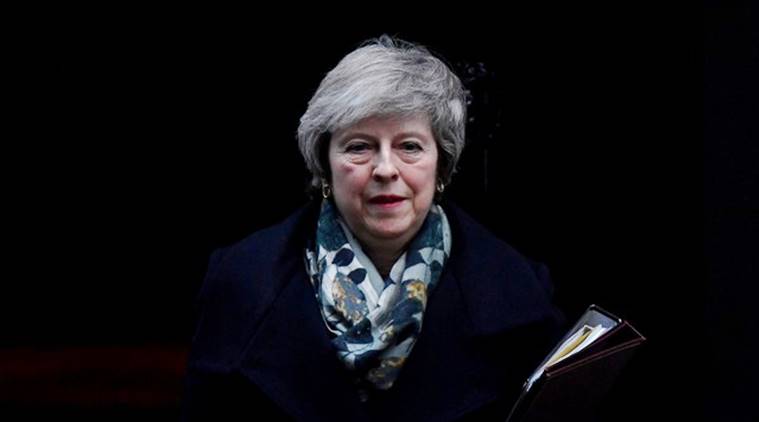Out of mind: The British Armageddon
British Parliamentarians can bring the Executive to answer questions and listen to criticisms in a variety of ways. In Indian Parliament, the backbencher has no freedom and is at the mercy of the Whip of the Party. Not so in Westminster.

The House of Commons has seen nothing like what happened on Tuesday, January 15. Two-and-a-half years after the referendum on whether to leave or stay in the European Union and the shocking result to leave — Brexit — the climax came when Prime Minister Theresa May put her negotiated deal to vote. Parliament had been discussing various aspects of the deal under one or another excuse. British Parliamentarians can bring the Executive to answer questions and listen to criticisms in a variety of ways. In Indian Parliament, the backbencher has no freedom and is at the mercy of the Whip of the Party. Not so in Westminster.
The vote was scheduled for last December but it looked to the government that the atmosphere was febrile. On one issue, publishing the advice of the Attorney General in full which the government had refused to do, the House moved a motion that the Executive was in contempt of Parliament. In the vote, the government lost 311-315, by just four votes. But it was a signal. Perhaps May thought that after the Christmas holidays better mood may prevail.
No such luck. At 202-432, the government suffered the biggest defeat ever recorded after Universal Adult Franchise was introduced. One-third of the Conservative Party MPs voted against their own government.
When the referendum result was declared, Parliament endorsed it by passing a motion recognising it as binding. It was known that whenever the deal (The Withdrawal Agreement runs to 600 pages plus) was decided, the European Parliament would have to ratify it. So why not the British Parliament? The government was forced to concede that Parliament would have ‘a meaningful vote’. Of course only the House of Commons matters as it is elected and the House of Lords is not.
The most remarkable thing about the result is that the country is utterly calm. There are peaceful demonstrators around Parliament for each side — for Leave and for Remain. But there are sophisticated alternatives. Leave but not totally. The UK can stay in the Customs Union but not be part of the EU, as Norway has done. That would require exiting but negotiating, in fact, to remain, in all aspects except free movement of labour. There are banners for a No Deal Exit, Hard Brexit. It is all good-natured.
The pressure is immense on May to come up with a deal which commands a majority in the House of Commons. But the House is divided, as is every major party, indeed the country is divided. Some would like a second referendum, but that is hardly likely to give a clearer result than last time. If it ignored the result of the first referendum, who can trust the House of Commons to deliver on the second?
It is the biggest political crisis I have witnessed in my 50-plus years of living in the UK. But I am also confident that a solution would be found sooner or later. The political system is adverserial but not antagonistic. There is goodwill and trust in the system. The party system could break up or members could leave one and join another party. We may end up with one Remain Party and one Leave Party. But a solution will be found democratically.







































No hay comentarios:
Publicar un comentario